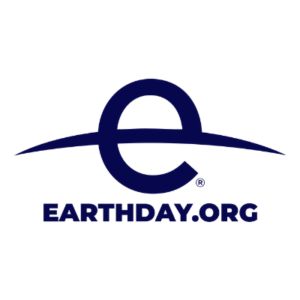Climate Action
How do we build trust in a divided society?
April 3, 2020
The coronavirus pandemic has upended our daily lives. For many of us that means working from home, adjusting to social distancing and managing daily tween meltdowns.
Among these newfound barriers, I’ve started to notice the stark divisions in our society and how this division separates us from each other and the natural world. Trust — or really, lack of trust — seems to drive these divisions.
In a recent episode of the podcast, Hidden Brain, Azim Shariff, a social psychologist at the University of British Columbia, talks about how societies and trust go hand in hand.
Shariff and his colleagues theorize that as societies grew from small local communities to larger civilizations, people found it harder to trust each other. This is when religious communities emerged, creating larger networks of trust that expand across geography and culture.
This makes sense in my own life. Amid anxiety over the coronavirus, I turn to people and communities where I have developed trust and, in turn, safety.
One such person for me is Dr. Robert Anthony, a retired physicist and member of my faith community, who spent much of his career studying how technology and society influence each other.
His work has shown me some nuances of our pandemic and why we’ve been slow to address another crisis: climate change.
“The beauty of science as a form of human understanding is that it’s a major tool in predicting what’s going to happen in the future,” Anthony told me. “One important question is this: Why do we trust science in some cases, like in medicine and engineering, but not in others, like climate science?”
I don’t have an answer to his question, but as Earth Day Network’s faith outreach coordinator, I can create opportunities for others to discuss it. And I hope this also creates an opportunity to build trust across differences.
Earth Day Network is in the process of recruiting and organizing a team of scientists, advocates, communicators and faith influencers to help design and execute a series of online webinars designed to break down barriers to, and learn best practices for, publicly taking a stand on pressing environmental concerns. For more information or to get involved, contact [email protected].
Additionally, we invite faith leaders who are connecting with their communities virtually to speak publicly about climate action as a moral, religious and justice issue during the weekend of April 17–19, right before the 50th anniversary of Earth Day. If you’re a young person or lay leader in your community, sign our Earth Day in the Pulpit Pledge for Lay Leaders and Youth and commit to asking your faith leader to join us. Clergy can commit by signing the Earth Day in the Pulpit Pledge.
Together, we can create a global movement of healthy, safe and united communities for all of God’s creation.
This post was updated on 6/29/2020 to reflect EDN’s current programs and campaigns.
